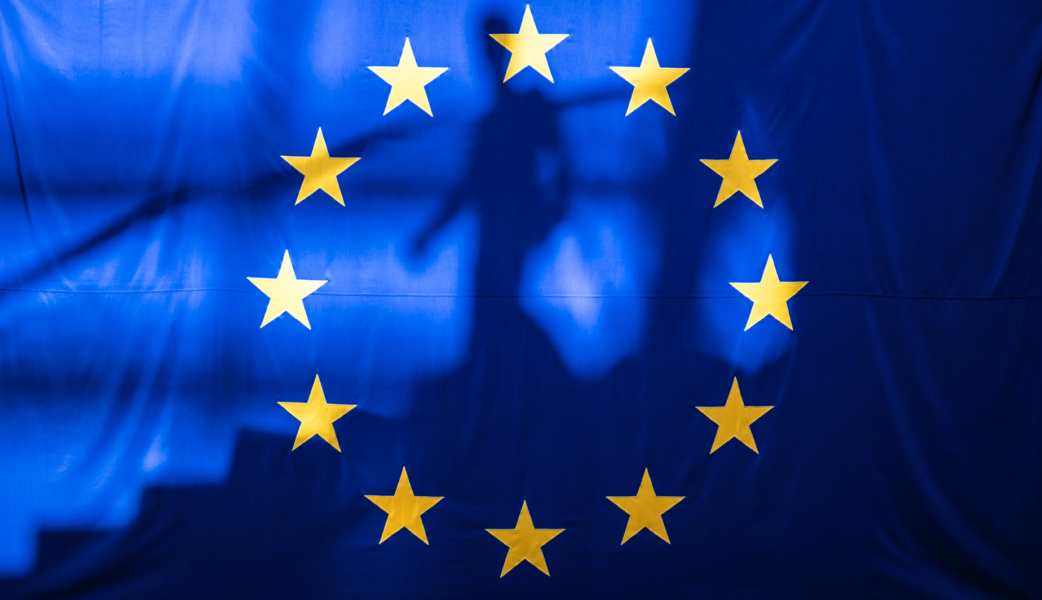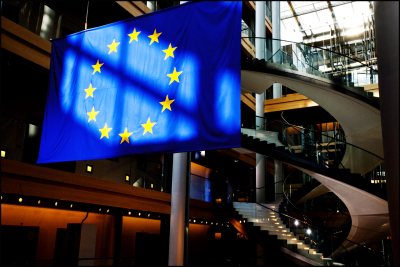In his final State of the Union address last week, President Juncker proposed new rules for protecting European elections “from manipulation by third countries or private interests”. The European Commission then published a set of measures designed to safeguard EU elections from hybrid threats and to prevent scandals like the one around Cambridge Analytica in the US, where citizens’ personal data was unlawfully used for micro-targeted election ads.
The use of hybrid threats, a mixture of low-cost covert initiatives to undermine democracies and erode trust in its institutions, are increasingly becoming the norm for authoritarian governments. Covert interference in referendums and elections, cyber-attacks on candidates or parties and the fabrication of false narratives to polarise the electorate, are only part of the recent onslaught of foreign interference in the EU. EU Security Commissioner Julian King recently warned that these attacks pose a “serious security threat to our societies”. Yet a question that remains to be answered is whether EU has grasped the full extent of its vulnerabilities to covert foreign influence or not.
One core recommendation to national authorities is to set standards for making online political advertisement more transparent and accountable. Recent electoral campaigns have highlighted how easy rules for traditional media can be circumvented on social media. In EU countries there is little to no transparency on who pays for social media campaigns. A breach of the legal spending limits by the vote leave campaign was discovered long after the Brexit vote took place, with funds traced back to Russia being used to buy large amounts of illegally acquired personal data.
To counter this phenomenon, the European Commission proposed a reform of the statute of European political parties and foundations. The objective being to directly sanction political parties that breach data protection rules during the upcoming European elections. This would take the form of a penalty on their EU funding, potentially banning them from future funding in case of repeat offences. While we welcome the Commission’s realisation that the unlawful use of personal data is a core weakness to foreign meddling, the planned changes fail to address some of the major shortcomings we have previously highlighted.
This is particularly true for real-time publication of campaign donations, which would allow citizens to make informed decisions before they cast their ballots. Furthermore, as the European elections will mostly be fought by national parties, the success of these measures largely relies on the goodwill of candidates and the ability of national authorities to detect and sanction breaches. Once the ballot is cast, it is often too late to stop the effects of covert foreign activities.
A major stumbling block is Europe’s unwillingness to see to full extent of its problem. At EU-level, the current rules on lobby transparency do not qualify actions to influence decision making by third countries as lobbying, nor is there a general provision for lobby organisations to disclose funds received by third-country governments. In the United States, failure to disclose these funds is considered a federal crime, demonstrated in a spectacular fashion by the indictment of Trump’s former campaign manager Paul Manafort on the grounds of “acting as an unregistered agent of a foreign principal”. There are currently no plans to implement similar provisions in the proposed new mandatory Transparency Register despite the Manafort case divulging covert lobbying activities in Europe. At national-level, none of the eight EU Member States that have rules on lobby transparency require the disclosure of third-country involvement in their activities. Public officials and elected representatives around the EU lack even basic information on those who seek to influence their decisions.
The Azerbaijani laundromat case, in which 2.5 billion euros was spent by an authoritarian government to seek nominal changes in EU policy, should have been the wake-up call for EU leaders. Given the rise of illiberal regimes all over the world, more could have been done sooner to spur governments in to action. The fact that the Commission has finally realised the need to protect the upcoming European elections is to be welcomed. Too many opportunities to address the real issues have been squandered in the past and EU leaders should not leave the protection of European democracy until the eleventh-hour.






